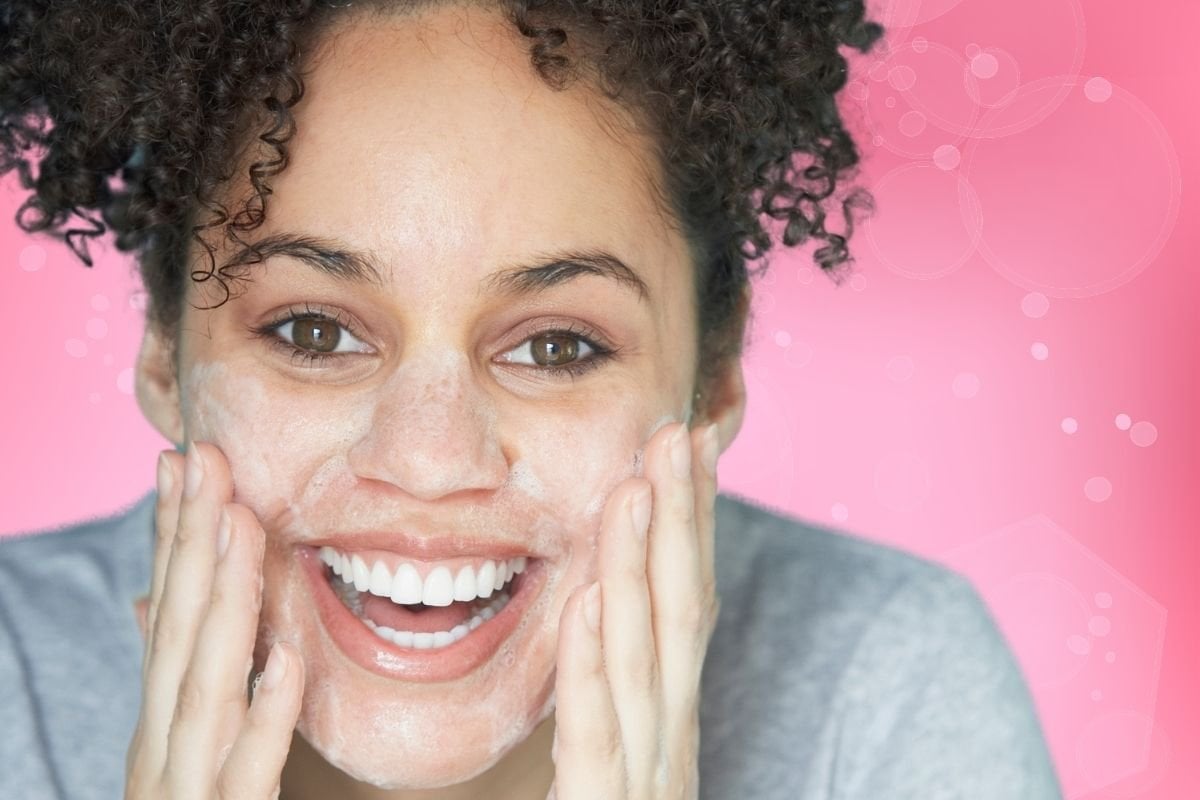
Exfoliation. You've been doing it since the days of St Ives Apricot Scrub, because it's just one of those skin things you know you're supposed to do... but are you doing it right?
You might not be, you know. It's kinda tricky.
So we thought we'd conduct a cute lesson on all the mistakes you're probably making when you're exfoliating.
Watch: Before we reveal all our juicy secrets, check out another easy way you can improve your skin. Post continues below.
Before we get into it, it's probably worth a quick refresher on what exfoliating actually is, no?
By way of introduction (in case you never properly met), exfoliating is a step in your skincare routine that involves sloughing off old skin with either a physical or chemical exfoliator.
Or, as *actual* dermatologist Dr Cara McDonald from Complete Skin Specialists puts it, "Exfoliation will remove dead skin cells and also stimulate increased skin renewal, revealing more luminous skin."
Sounds much better when she says it, tbh.
"Exfoliation can be done physically, with a buffing mechanism, or by using a keratolytic - a skincare ingredient which breaks down the bonds between dead cells. This process, using keratolytics such as alpha-hydroxy acids, is known as chemical exfoliation," adds McDonald.
Top Comments